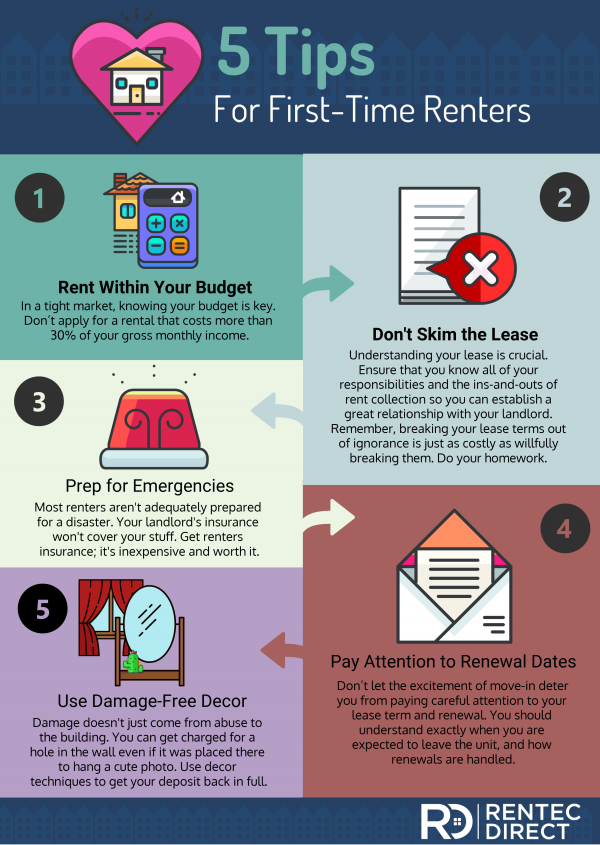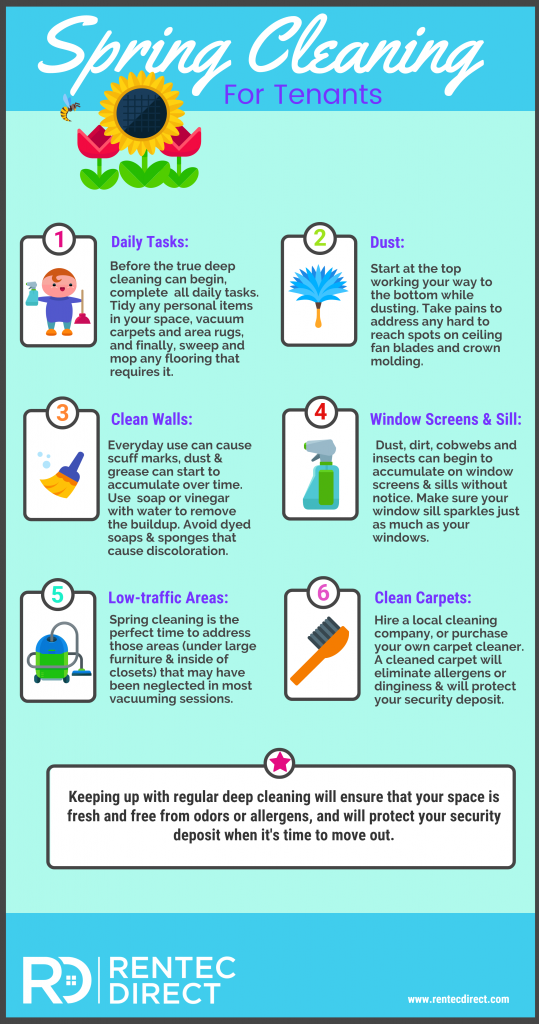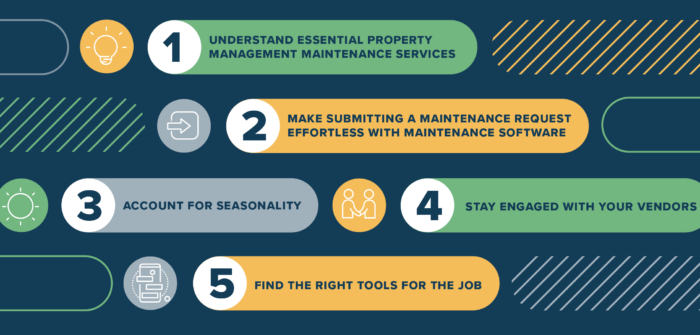Discover the secrets to successful rental property management with these expert tips that will take your investment game to the next level.

Image courtesy of George Becker via Pexels
Table of Contents
- Introduction to Rental Property Management
- Getting to Know Your Property Inside Out
- Finding the Right Tenants
- Building a Good Relationship with Your Tenants
- Maintenance: Fixing Things Up
- Record Keeping and Finance Management
- Planning for Unexpected Situations
- Understanding Legal Stuff
- Using Technology to Stay Organized
- Learning and Growing as a Property Manager
- Conclusion: Becoming a Super Property Manager
- FAQs About Managing Rental Property
Introduction to Rental Property Management
So, you want to know how to manage a rental property? Being a property manager means taking care of a house or apartment that someone else lives in. It’s like being the boss of a special place where people call home. Let’s dive into the exciting world of rental property management and learn what it takes to be successful!
Managing a rental property is all about making sure everything runs smoothly and everyone is happy. From fixing things up to finding the perfect tenants, there are a lot of things to learn to be a good property manager. Are you ready to explore the ins and outs of rental property management? Let’s get started!
Getting to Know Your Property Inside Out
When it comes to successful property management, one of the most important things is to truly understand your rental property inside and out. This means knowing every corner, each feature, and all the little details that make up your property. Let’s explore why getting to know your property is essential for being a great property manager.
Why It’s Important
By familiarizing yourself with your property, you can quickly address any issues that arise. Whether it’s a leaky faucet, a faulty electrical outlet, or a broken window, knowing your property well enables you to take swift action and prevent problems from escalating.
Understanding All Features
Every property has unique features that make it special. From hardwood floors and granite countertops to a cozy fireplace or a spacious backyard, knowing and highlighting these features can attract quality tenants who appreciate what your property has to offer.
Regular Inspections
Regular inspections of your property allow you to spot any potential maintenance issues early on. This proactive approach can save you time and money by addressing minor repairs before they turn into major problems.
By taking the time to get to know your property inside out, you’ll not only be better equipped to manage it effectively but also provide a positive experience for your tenants. Remember, a well-maintained and cared-for property leads to happy tenants and successful property management.
Finding the Right Tenants
When you own a rental property, finding the right tenants is crucial to ensure that your property is well taken care of. Here are some strategies to help you find tenants who will treat your property with respect and care.

Image courtesy of via Google Images
Knowing What You Want
Before you start looking for tenants, it’s important to know what kind of tenants you are looking for. Think about the type of people who would fit well in your property and what qualities are important to you. Do you want tenants who are responsible, respectful, and have a good rental history? Knowing what you want will help you narrow down your search.
Thorough Screening Process
When you start receiving rental applications, make sure to conduct a thorough screening process. This may include checking references, running background checks, and verifying income. By doing this, you can ensure that the tenants you choose are trustworthy and reliable.
Communication is Key
Clear and open communication with potential tenants is essential. Make sure to ask questions about their rental history, their lifestyle, and their expectations. Likewise, be honest about your expectations and any rules or regulations they need to follow while living on your property.
Property Showings
When showing your rental property to potential tenants, highlight the best features of the property and be transparent about any flaws. This will help set the right expectations and attract tenants who appreciate your property for what it is.
Trust Your Gut
Finally, trust your instincts when selecting tenants. If something doesn’t feel right or if you have doubts about a potential tenant, it may be best to keep looking. It’s important to feel confident in your decision and choose tenants who you believe will take care of your property.
Building a Good Relationship with Your Tenants
When you’re managing a rental property, one of the essential parts is building a good relationship with your tenants. This helps create a positive and harmonious environment for everyone involved. By following a few simple tips, you can ensure that your tenants feel valued and respected, leading to a smoother rental management experience.
Effective Communication
Clear and open communication is key to a successful relationship with your tenants. Make sure to respond promptly to any inquiries or concerns they may have. Establishing good communication early on can help prevent misunderstandings and promote a sense of trust between you and your tenants.
Kindness and Respect
Show kindness and respect towards your tenants at all times. Treat them as you would like to be treated, and remember that building a positive relationship is a two-way street. By being respectful and considerate, you can foster a sense of mutual trust and understanding.
Addressing Concerns
It’s important to address any concerns or issues that your tenants may have promptly. Whether it’s a maintenance problem or a question about the lease agreement, make sure to listen attentively and take action to resolve the issue in a timely manner. Showing that you are responsive to their needs can go a long way in building a good relationship.
Maintenance: Fixing Things Up
Managing a rental property involves more than just finding tenants and collecting rent. It’s crucial to keep your property in good shape by doing regular maintenance. This means fixing leaky faucets, painting walls, and checking for any potential issues before they turn into major problems.

Image courtesy of via Google Images
Keeping Your Property Looking Great
Regular maintenance not only prevents big problems but also helps keep your rental property looking great. Imagine walking into a clean, well-maintained property – it gives a great impression to potential tenants and shows that you care about providing a nice place for them to live.
Handling Repairs Promptly
When something goes wrong in your rental property, like a broken appliance or a leaky roof, it’s important to handle repairs promptly. This shows your tenants that you take their comfort and safety seriously. Plus, fixing issues quickly can prevent them from turning into more expensive problems later on.
Record Keeping and Finance Management
When you’re managing a rental property, it’s not just about finding tenants and fixing things up. A big part of successful property management is handling the finances and keeping detailed records.
Why Record Keeping Is Important
Keeping accurate records of your rental property’s finances is crucial for many reasons. It helps you track rent payments, expenses, and profits. Good records also make it easier to file taxes and analyze the financial health of your property.
Managing Finances Effectively
As a property manager, it’s essential to collect rent on time and keep track of all expenses related to the property. This includes maintenance costs, property taxes, insurance premiums, and any other payments you make on behalf of the property.
By staying organized and on top of your finances, you can ensure that your property is profitable and well-maintained. Additionally, proper financial management can help you plan for future expenses and investments in the property.
Planning for Unexpected Situations
When you’re managing a rental property, it’s important to be prepared for unexpected situations that may arise. By having a plan in place, you can handle emergencies and unforeseen circumstances with ease. Here are some property management tips and rental management strategies to help you plan for the unexpected:

Image courtesy of via Google Images
Emergency Repairs
One of the most common unexpected situations in rental property management is the need for emergency repairs. These could range from a burst pipe to a broken furnace. It’s essential to have a list of reliable contractors and repair services that you can call on short notice to fix these issues quickly.
Sudden Vacancies
If a tenant suddenly moves out of your rental property, it can leave you in a tight spot. To plan for this unexpected situation, make sure to have a marketing strategy in place to attract new tenants quickly. Keeping a buffer in your finances for potential vacancies can also help you cover any gaps in rental income.
Natural Disasters
Depending on where your rental property is located, natural disasters like hurricanes, floods, or earthquakes may pose a risk. It’s wise to have insurance coverage that includes protection against these disasters. Additionally, creating an emergency evacuation plan for tenants can help ensure their safety in case of an emergency.
| Tips | Description |
|---|---|
| 1. Screen Tenants Carefully | Perform background checks, verify income, and check references to ensure you select reliable tenants. |
| 2. Set Clear Rental Policies | Establish rules and policies for rent collection, maintenance requests, and other issues to prevent misunderstandings. |
| 3. Maintain Regular Communication | Stay in touch with tenants to address concerns promptly and maintain a positive landlord-tenant relationship. |
| 4. Keep Up with Property Maintenance | Regularly inspect the property, address maintenance issues promptly, and keep the property in good condition. |
| 5. Understand Landlord-Tenant Laws | Familiarize yourself with local and state laws regarding rental properties to protect your rights and comply with regulations. |
Unexpected Legal Issues
Legal problems can also crop up unexpectedly in rental property management. From disputes with tenants to changes in local laws, it’s crucial to stay informed and seek legal advice when needed. Keeping detailed records of all communication with tenants can also help protect you in case of legal disputes.
By planning ahead and being proactive, you can minimize the impact of unexpected situations on your rental property. Remember, being a successful property manager means staying one step ahead and having a plan for any curveballs that may come your way.
Understanding Legal Stuff
As a property manager, you will often need to deal with contracts and agreements. These are like promises that you and your tenants make to each other about what you will do. For example, the lease agreement is a special type of contract that outlines the rules of living in the rental property.
Local Laws and Regulations
Local laws and regulations are like the rules of the neighborhood. They tell you what you can and cannot do as a property manager. It’s important to follow these laws to keep everything fair and running smoothly. For example, some areas might have rules about noise levels or parking.
Evictions and Tenant Rights
Evictions can be a tough situation for both you and the tenant. It’s important to understand the reasons why you can evict someone and to follow the legal process if you need to do so. Tenants also have rights that you need to respect, like privacy rights and the right to have a safe and livable home.
Legal stuff may seem complicated, but by following the rules and understanding your responsibilities as a property manager, you can avoid problems and keep your rental property running smoothly.
Using Technology to Stay Organized
As a property manager, staying organized is key to ensuring success in managing your rental property. Fortunately, technology offers a variety of tools and apps that can help you streamline your workflow and keep track of important information. Here are some tips on how to leverage technology to stay organized and efficient in your property management role.

Image courtesy of via Google Images
Utilize Property Management Software
One of the best ways to stay organized as a property manager is to invest in property management software. These programs are designed specifically to help you track rental payments, maintenance requests, lease agreements, and more all in one place. With just a few clicks, you can access all the information you need to effectively manage your properties.
Explore Mobile Apps for Property Managers
Mobile apps are another great resource for property managers on the go. Apps like RentRedi, Cozy, or Zillow Rental Manager offer features that allow you to manage rental listings, communicate with tenants, track expenses, and even collect rent payments right from your smartphone. By having all these tools at your fingertips, you can easily stay organized and responsive to any issues that may arise.
Use Online Calendars and Reminders
Keeping track of important dates and deadlines is crucial in property management. By using online calendars like Google Calendar or Microsoft Outlook, you can schedule maintenance tasks, lease renewals, and other important events. Set up reminders to ensure you never miss a deadline and always stay on top of your responsibilities as a property manager.
Implement Digital Filing Systems
Gone are the days of messy file cabinets and stacks of paperwork. With digital filing systems like Dropbox, Google Drive, or Evernote, you can store important documents, photos, and receipts securely in the cloud. By organizing your files digitally, you can easily access them whenever needed and reduce clutter in your workspace.
By incorporating technology into your property management practices, you can effectively stay organized, efficient, and proactive in your role as a property manager. Embrace these tools and watch how they enhance your ability to manage rental properties with ease.
Learning and Growing as a Property Manager
As a property manager, your journey doesn’t end once you have the basics down. It’s important to keep learning and growing to become even better at managing rental properties. Whether you’ve been in the business for years or are just starting out, here are some key ways to continue improving as a property manager.
Continuous Education
One of the best ways to enhance your skills as a property manager is through continuous education. Attend workshops, seminars, or online courses that focus on rental property management. Stay up-to-date on the latest trends and technologies in the industry to stay ahead of the game.
Networking
Building a network of fellow property managers can provide valuable insights and support. Connect with other professionals in the field, join property management associations, and participate in networking events. By sharing experiences and tips with others, you can gain new perspectives and ideas for managing rental properties effectively.
Seek Feedback
Feedback is essential for growth. Encourage tenants to leave reviews or provide feedback on their rental experience. Take their suggestions into consideration and make improvements where necessary. Additionally, ask for feedback from colleagues or mentors to get insights on areas where you can improve as a property manager.
Stay Updated on Laws and Regulations
Being aware of the legal aspects of property management is crucial. Stay updated on local laws, regulations, and rental guidelines to ensure you are operating within the legal boundaries. Attend legal workshops or consult with legal professionals to stay informed about any changes in the industry.
Embrace Technology
Utilizing technology can greatly enhance your property management skills. Explore property management software, apps, and tools that can streamline your processes, improve communication with tenants, and help you stay organized. Embracing technology can make your job as a property manager more efficient and effective.
By actively seeking opportunities to learn and grow, you can become a more successful and competent property manager. Remember, the journey to becoming a super property manager is a continuous process of improvement and development.
Conclusion: Becoming a Super Property Manager
So, aspiring property managers, you’ve learned all the tips and tricks to become a super property manager. Managing rental properties like a pro is all about attention to detail, communication, and being prepared for anything that comes your way.
Image courtesy of via Google Images
Summary of Top Tips:
In a nutshell, successful property management starts with knowing your property inside and out, finding responsible tenants, fostering good relationships with them, keeping up with maintenance, staying organized with finances and records, planning for unexpected events, understanding legal aspects, utilizing technology for efficiency, and continuously learning and growing. By following these steps, you can excel in managing rental properties and ensure a smooth experience for both yourself and your tenants.
Remember, being a property manager is a rewarding job that requires dedication, organization, and a willingness to learn. With the right skills and mindset, you too can become a super property manager!
FAQs About Managing Rental Property
As you venture into the world of managing rental properties, you might have a few questions in mind. Here are some common queries that aspiring property managers often have:
What are the Responsibilities of a Property Manager?
A property manager is responsible for various tasks such as finding tenants, collecting rent, maintaining the property, handling repairs, and ensuring that the property complies with local laws. Ultimately, the goal is to keep the property in good condition and ensure that tenants are satisfied.
How Can I Find Reliable Tenants?
Finding reliable tenants is crucial for successful property management. To attract good tenants, consider conducting background checks, checking references, and communicating clearly about the expectations for renting the property. It’s also important to screen potential tenants carefully to ensure they will take care of the property.
What Should I Do in Case of an Emergency?
Emergencies can happen unexpectedly, so it’s important to have a plan in place. Make sure you have contact information for reliable maintenance professionals who can handle urgent repairs. Additionally, communicate with your tenants about emergency procedures so that everyone is prepared in case of a crisis.
How Can I Handle Tenant Concerns Effectively?
Communication is key when it comes to handling tenant concerns. Listen to their feedback and address any issues promptly. By maintaining an open line of communication and showing that you care about their well-being, you can build a positive relationship with your tenants.
What Legal Aspects Should I Be Aware of as a Property Manager?
As a property manager, it’s essential to familiarize yourself with local laws and regulations regarding rental properties. This includes understanding lease agreements, eviction procedures, fair housing laws, and property maintenance requirements. Staying informed about legal issues can help you avoid potential conflicts and ensure smooth operations.
By being prepared and informed about these common questions and concerns, you can confidently navigate the world of property management and become a successful property manager.
Idaho Poperty Management
